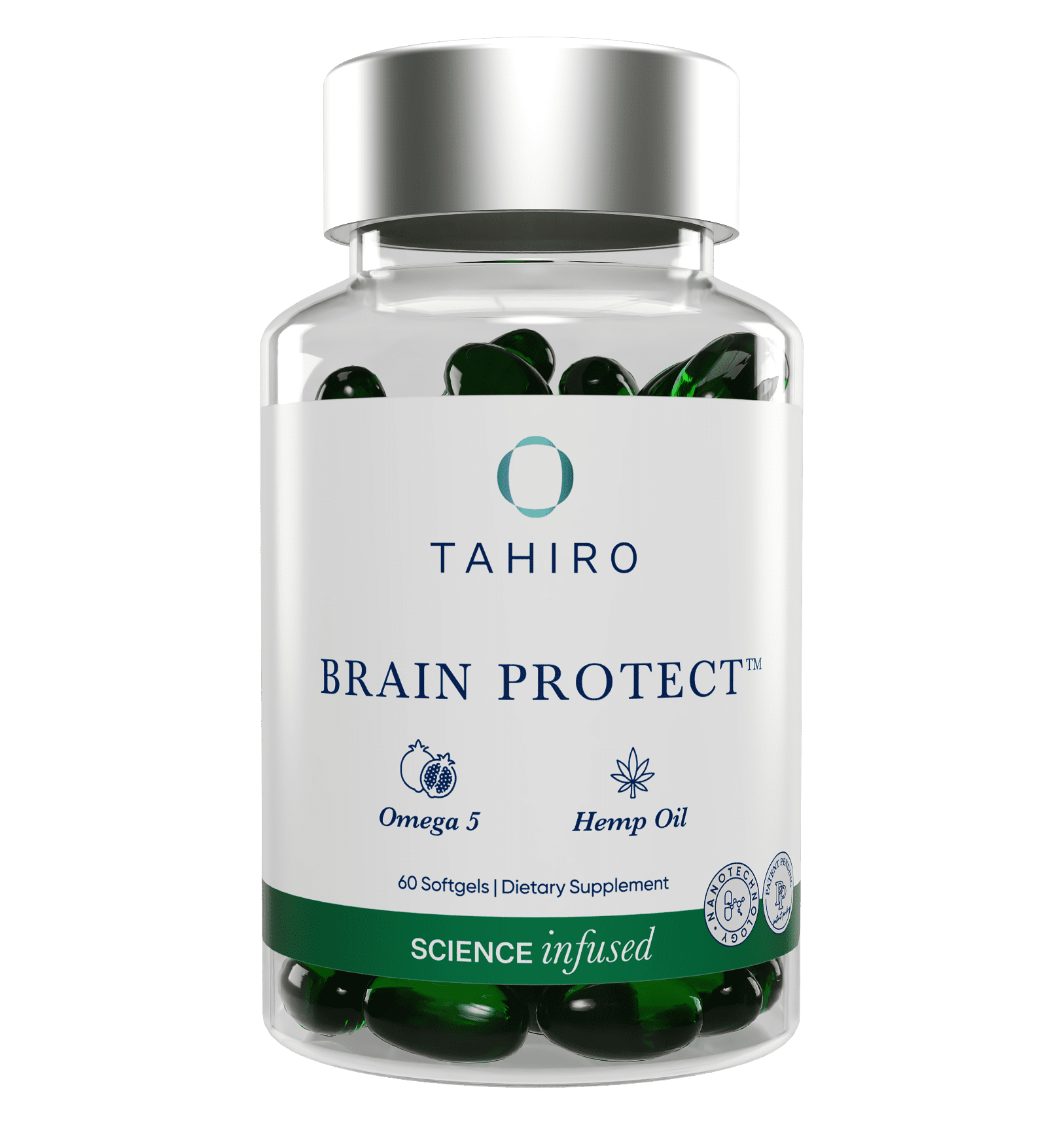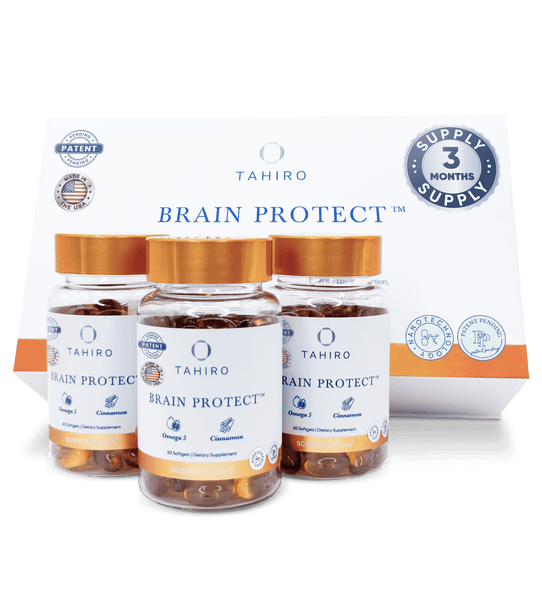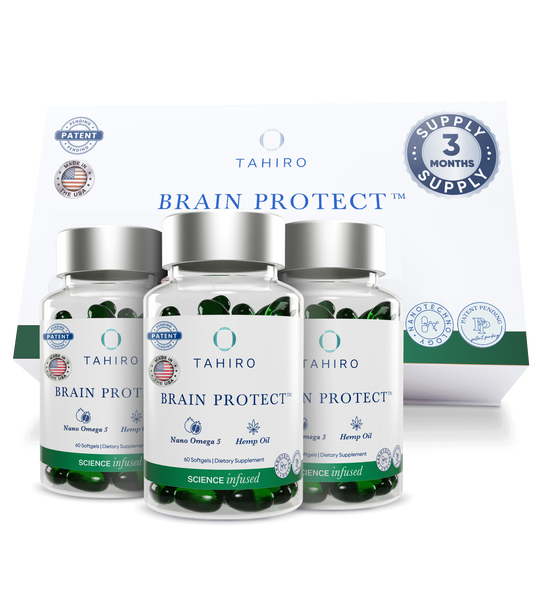As we age, our brains inevitably show signs of aging. None of us enjoy the occasional memory lapse or forgetting someone's name. But just like how regular exercise keeps our muscles strong, our brains benefit from a workout too.
Think of it like a workout for your mind. And one of the most enjoyable ways to give your brain that workout is through Sudoku. This popular numerical puzzle isn't just a pastime; it may be a powerful tool for improving cognitive function.
In this article, we'll explore the fascinating world of Sudoku and how it can be a key part of your cognitive routine. We'll also delve into strategies to make your Sudoku practice even more effective and discuss other tools that can help boost your brain health and brain power.
Can Sudoku stimulate your brain?
Sudoku is a well-loved number puzzle game that has gained immense popularity. Not only does Beyond its entertainment value, it offers a wide range of cognitive benefits.
Sudoku requires players to use deductive reasoning and critical thinking skills, which can help stimulate several brain parts. The main part stimulated is the prefrontal cortex (1), which is responsible for decision-making and problem-solving. By exercising these parts of your brain, you help to build up a “cognitive reserve,” which can be very helpful as your brain ages.
But, what exactly can sudoku do for your brain? Let’s talk about some of the possible health benefits of playing Sudoku.
Benefits of Playing Sudoku For Brain
Sudoku offers an array of advantages that can enhance both your mental and emotional well-being. Let's explore the ways in which Sudoku may benefit your cognitive health:
-
Mental stimulation. Sudoku is a challenging logic puzzle that requires critical thinking, deductive reasoning, and problem-solving skills. Playing Sudoku exercises the brain, which may help to keep it sharp and mentally agile. Some research has shown that people over 50 who frequently play games like Sudoku perform better on tests of memory, attention, and reasoning (2).
-
Improved concentration. Solving Sudoku demands focused attention and concentration. As a result, it teaches players to pay close attention to details and stay engaged in the task at hand.
-
Stress reduction. Engaging in Sudoku can be a relaxing and enjoyable activity. It offers a mental escape from stressors and can provide a sense of accomplishment upon completing a puzzle, leading to reduced stress levels.
-
Enhanced memory. Since Sudoku puzzles require players to remember numbers and their potential placements, it may help enhance and improve short-term memory.
-
Pattern recognition. Players develop an ability to recognize and apply patterns, which is essential for solving Sudoku puzzles efficiently.
-
Entertainment and mental challenge. Sudoku provides hours of entertainment and mental stimulation. Since it’s portable (you can find it on paper or through an app), it can be enjoyed anytime and anywhere. This makes it an excellent choice for keeping the mind active during downtime.

How Can I Make Playing Sudoku More Effective For Brain Training?
There are several ways to enhance the effectiveness of Sudoku as a tool for brain training. Consider these strategies to make Sudoku one of the most effective tools for improving cognitive function:
-
Consistency. Regular practice is key to getting the most out of Sudoku regarding brain health. Try to solve a puzzle every week, then move to every other day, until you do one every day.
-
Gradually increase the difficulty. Start with easy puzzles. And, as you become more comfortable with easier puzzles, gradually increase the difficulty. Challenge yourself with more complex Sudoku grids to continue pushing your cognitive limits. It’s the challenge that’s important for brain health, so don’t just do puzzles that are within your comfort zone – this won’t help keep your brain sharp.
-
Time yourself. Set a timer to complete Sudoku. This can create a sense of urgency and help improve your problem-solving speed. Over time, try solving puzzles faster while maintaining accuracy.
-
Variety of puzzles. Don’t stick to the traditional 9x9 Sudoku puzzle. Explore different variants, such as 4x4, 6x6, or irregular shapes. Each variant provides unique challenges and can engage different cognitive skills. Variety is one of the most important aspects for challenging the brain – make sure to keep giving your brain new things to learn, rather than sticking to what’s familiar.
-
Track your progress. Keep a record of your Sudoku achievements, including the difficulty, speed, and accuracy. Tracking progress can motivate and help you see how your skills improve.
Some studies have shown that puzzles and games benefit your brain health, while other studies have not shown a benefit. The key may be in the challenge and the variety. When you do similar puzzles day after day, you become good at them, and then they no longer provide your brain with the challenge that it needs to stay active and healthy. Make sure to stretch your abilities by trying harder puzzles and different types, so that you’re truly giving your brain a cognitive workout.
How Frequently Should I Play Sudoku To Reach The Benefits?
The frequency at which you should play Sudoku to improve brain health can vary from person to person. However, there are some general guidelines to consider. Sudoku, just like any other brain-training activity, is most effective when practiced regularly.
Here are some recommendations on how frequently you should play Sudoku to improve brain function.
-
Consistency is key. Aim to give your brain a challenge on a consistent basis, whether it’s Sudoku or something else. Whether you choose to play daily, several times a week, or even weekly, establishing a regular practice schedule will help to ensure that you play often enough to reap the cognitive benefits.
-
Adapt to your goals. Your brain health goals may influence how often you play Sudoku. If you want to maintain cognitive health as you age, you could just play a few times a week. If you are looking to improve specific cognitive skills, you may want to play more frequently. You could also choose to incorporate other types of brain exercise along with Sudoku, to exercise a variety of different cognitive skills.
-
Listen to your brain. Pay attention to how your brain responds to Sudoku. If you are fatigued or frustrated, it’s good to take a break or reduce the frequency. Overexertion can lead to burnout and decreased motivation. You want to stretch your abilities, but not to push yourself too hard.
-
Consult with a professional. If you have specific concerns about your cognitive health or are looking for personalized brain training, consider consulting with a health professional about how often you should do the puzzles and if there are other tools or activities that would best suit your needs.











